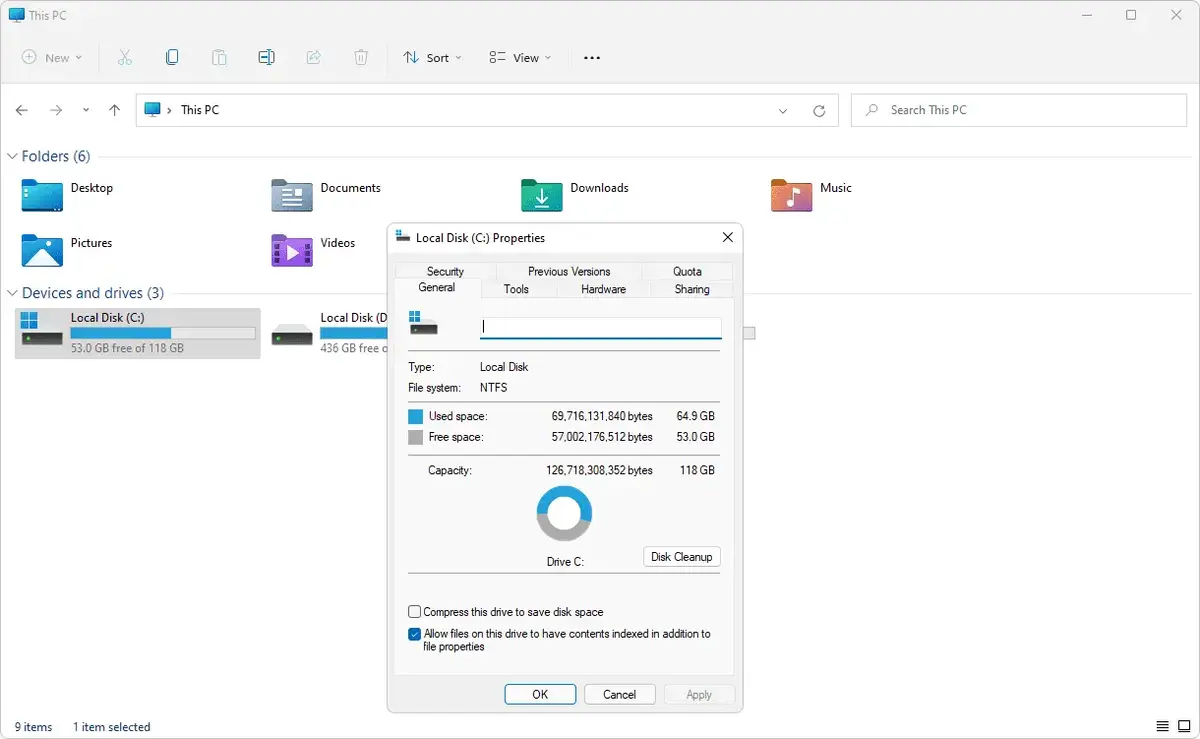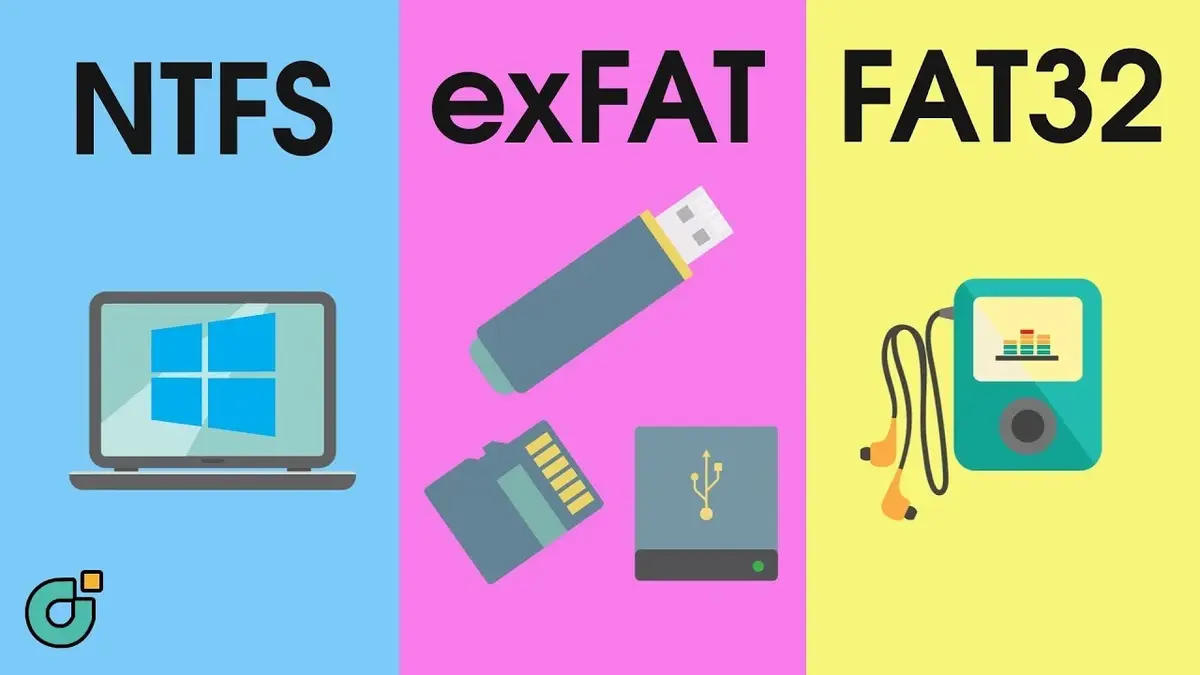Some file systems are optimized for certain devices such as USB memories, hard drives or solid-state drives. Knowing which file system works better for your device is a key element when managing your data properly. If you ever faced the decision of formatting a pendrive, hard drive or SSD, then you should know that the first decision is the file system you will use.
The election of a file system over another is not easy. You must take into account if your device is compatible as well as the operating system you will interact with, the maximum size of the files and performance issues. If you are not careful, you may end up formatting an external hard drive with a file system that you operating system can’t read, for example.

What are the file systems?
In a few wrds, file systems are the language that storage devices use to comprehend and organize data. Each of the file systems have unique rules and syntax. Not every file system is compatible with another. We use file systems to store and recover data. Your operating system is capable of accessing the files you need and they create a hierarchical structure for data and folders to simplify location.
Each operating systems tends to have a default file system but some devices can run several formats. For example, Windows runs NTFS, macOS the APFS and Linux the ext4. Those three are the most common ones but there are a few others too.
File systems, FAT
Also known as FAT32 (File Allocation Table) it’s the oldest format in the computing world. It is still present today because of its simplicity and great compatibility. The file system arrived with MS-DOS and uses a tablet structure to find the location of files in a hard drive.
It has a simple design ideal for limited capacity devices or those who need greater compatibility. However, it doesn’t include security permissions for the files or registry transactions. These are newer features that you may find in other formats. FAT32 is compatible with Linux, macOS and Windows as well. You can read and write on it natively without needing third party software solutions.
The biggest limitation of FAT32 format is that it can fragment and decrease the operating system performance. Although it has limitations, FAT32 is a trustworthy option depending on the uses you need. The individual files can’t exceed the 4 GB size and the partitions can’t be superior to 32 GB. It’s better for pendrives and it’s not recommendable for internal hard drives.
exFAT solution
The Extended File Allocation table is an improved version of FAT32. Microsoft introduced it in 2006 and it solves the size limitation issues. The file system is especially useful for external storage devices such as SD cards and SSD drives. The compatibility is also very high, working on multiple operating systems with no problems.
The exFAT file systems also improve drive storage efficiency by using small sized clusters. It can reduce the wasted volume when saving small files. The file system allows files with more than 4 GB in size. On the other hand, it can also suffer from fragmentation and affect the operating system performance over time.
NTFS
Window’s default file system is called NTFS. It’s very well known because of its advanced features and strong security. It is designed to manage great data volume and high size files. It also includes file and partition support for bigger sizes than older file systems such as FAT32.
The strong security measures from NTFS allow the user to establish access level permits for files and folders. The administrator can precisely select who can access, modify or eliminate files and folders from the system. It guarantees integrity and confidentiality of the data.
Besides, NTFS includes advanced features like file encryption, TRIM compatibility, daily registers and compression. On the other hand, it also includes limitations. For example, the support for other operating systems such as macOS and Linux is limited and it may suffer from drive errors and fragmentation over time.
APFS
Those who use Apple devices probably know the APFS file systems. It is proprietary of Apple and it is optimized for macOS and iOS devices. The highlights of APFS include file reading and writing improvements and metadata processing. On the user experience, it translates into a more fluid and faster interaction with your files and folders. It also make apps to run faster.
Security is also taken into account with APFS. It includes advanced features to check metadata, TRIM commands and file content. The file system incorporates an additional security layer against data damage. On the limitations aspect, the compatibility is a great issue. It is very hard to read for devices that don’t belong to Apple.
The last of the file system review: ext4
The ext4 file system is another popular one. It is the most used in Linux and includes numerous improvements in scalability, performance and reliability. It is the reference file system in server environments and desktop systems around the world.
The capacity to manage great data volume and files makes it one of the most useful for those who store great amount of data. It works perfectly at great scale with servers and cloud storage systems. The ext4 file system also includes daily register to keep data integrity in case of power cuts or systems shutting down. The storage space managing features in ext4 are also more solid. You can manage file size and partitions with greater numbers and in just a few clicks. On the bad side, it can also be affected by fragmentation over time.
Knowing this information you can choose which of the current file systems can be better for your device. It’s just a matter of choice.


Do you have any questions or problems related to the topic of the article? We want to help you.
Leave a comment with your problem or question. We read and respond to all comments, although sometimes it may take a while due to the volume we receive. Additionally, if your question inspires the writing of an article, we will notify you by email when we publish it.
*We moderate comments to avoid spam.
Thank you for enrich our community with your participation!